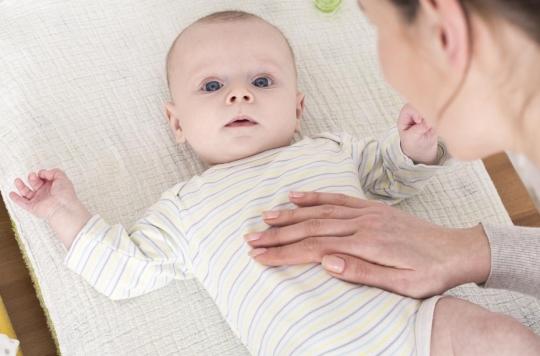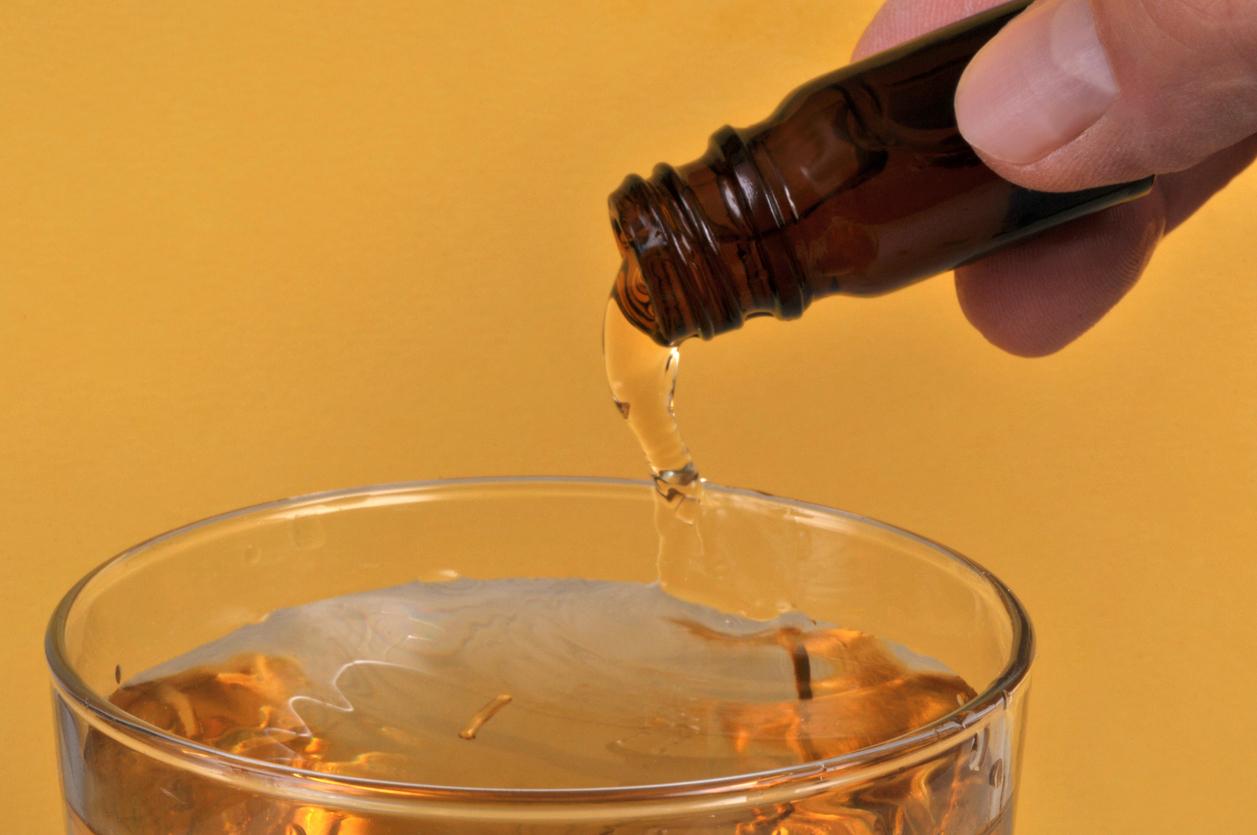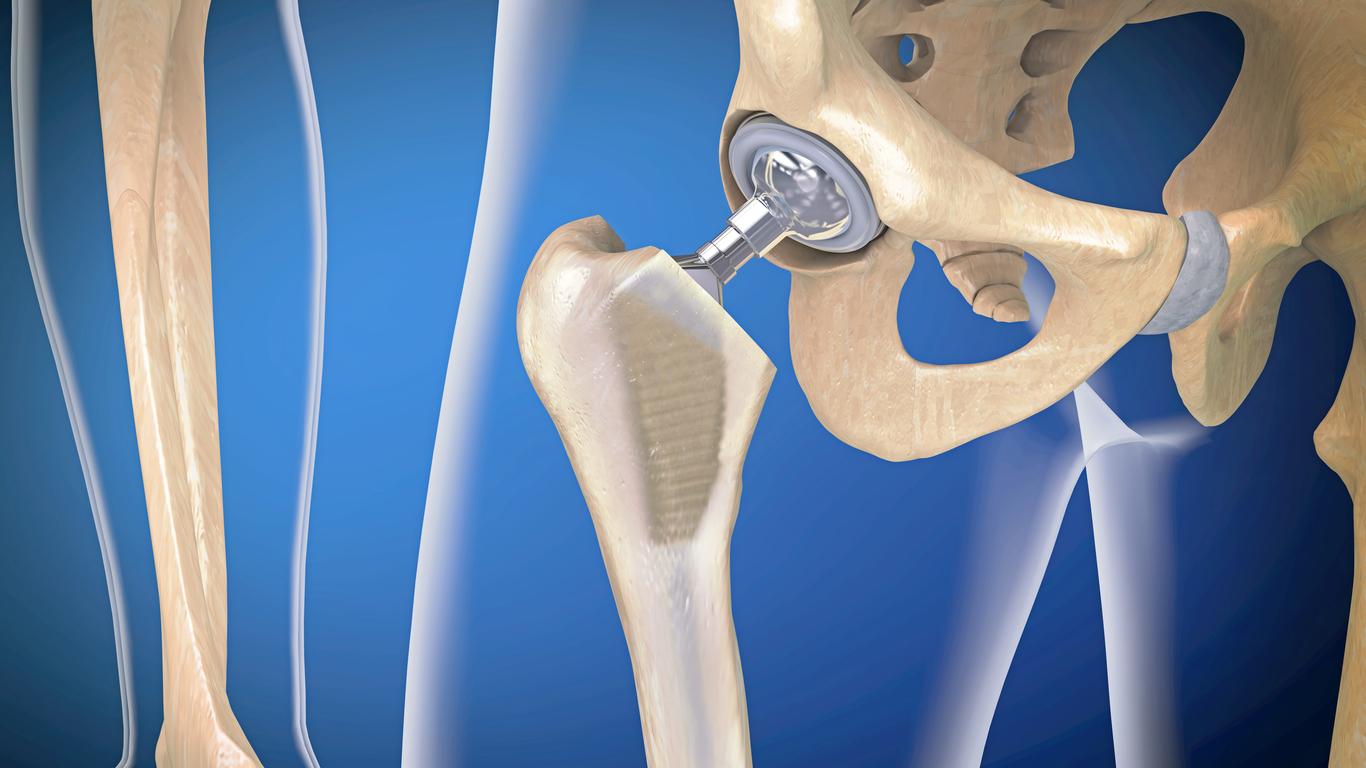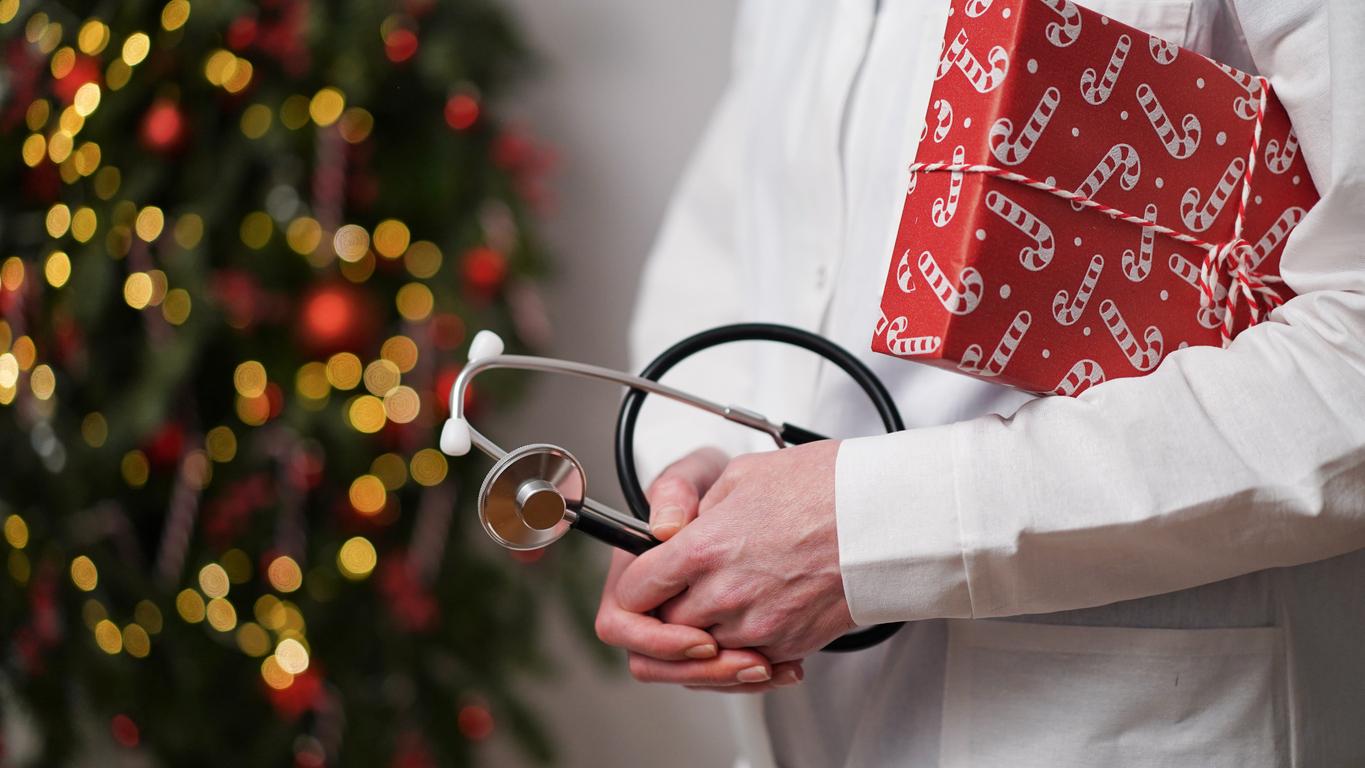In a press release, the National Medicines Safety Agency (ANSM) recommends avoiding giving children under the age of 2 clay-based medicines such as Smecta to treat acute diarrhea. The reason: the possible presence of minute quantities of lead.

No Smecta to treat diarrhea in children under 2 years old. In a statement dated this Thursday, February 28, the National Medicines Safety Agency (ANSM) advises against “as a precautionary measure” giving toddlers clay-based medicines to treat acute diarrhea, “even if the treatment is short-lived.
Trace amounts of lead in clay medicines
In question, according to the health agency: the possible presence of minute quantities of lead in these drugs. “The clays obtained by extraction from the ground, can contain small quantities of heavy metals present naturally in the environment, such as lead”, writes the ANSM.
Consequently, and even if “it is not aware of any cases of lead poisoning (lead poisoning) in adult patients or children”, the ANSM recommends “no longer administering Smecta or its generic Diosmectite Mylan to children under 2 years”. It also specifies that the use of these two drugs is also not recommended for pregnant or breastfeeding women.
These restrictions on the use of clay-based medicines follow new international guidelines on acceptable heavy metal thresholds in medicines. The ANSM explains that it has asked the laboratories marketing them to “ensure that there is no risk of lead passing through the blood in treated patients, and more particularly in children”. A clinical study was provided by IPSEN laboratories: if these results indicate that there is no risk of passage of lead in the blood in adults treated with Smecta, “this risk cannot be excluded for children under 2 years”.
The ANSM also specifies that clay-based drugs other than Smecta, its generic and Smectalia are reserved for adults.
Childhood gastroenteritis: symptoms and treatment
An acute inflammatory bowel disease, childhood gastroenteritis is manifested by nausea, vomiting, abdominal cramp-like pain and diarrhea. May be of viral origin (rotavirus, mainly), bacterial, parasitic or following the taking of antibiotics, the “gastro” is to be monitored in children because of possible dehydration following the loss of fluids. . The risk is particularly common in infants or children who suffer from a chronic illness.
The ANSM recalls that the management of acute diarrhea is based above all on lifestyle and dietary measures. If symptoms persist in infants and children under 2 years of age, the reference treatment is the administration of oral rehydration solution (ORS). ORS are sachets of powder to be poured into a bottle of water, available in pharmacies without a prescription.
In children aged 2 and over, care should be taken to ensure that they drink regularly and more than usual drinks containing sugar and salt (sugar water, vegetable broths or rehydration solutions) to compensate for losses. in water and salt associated with diarrhoea. It is then necessary to give him smaller, but more frequent meals, composed of salty foods, rich in sugars and without residues which have an anti-diarrheal effect such as rice, pasta, cooked carrots, compote. With the exception of bananas, it is best to avoid raw fruits and vegetables.

.















